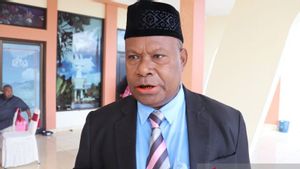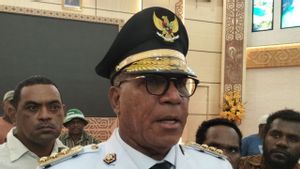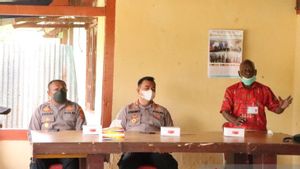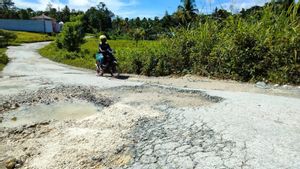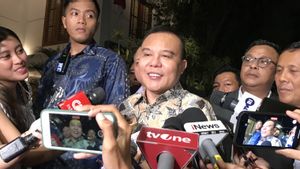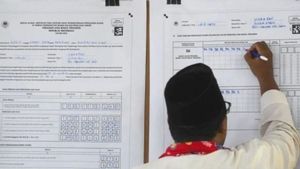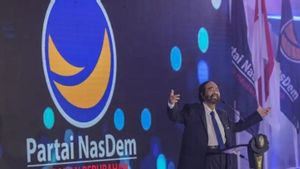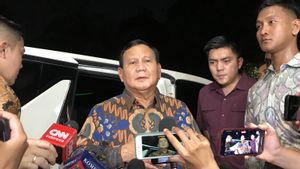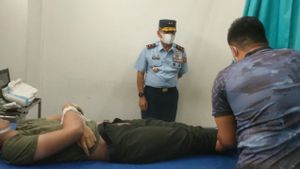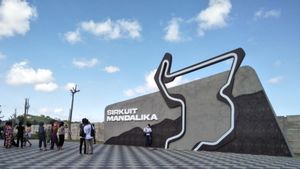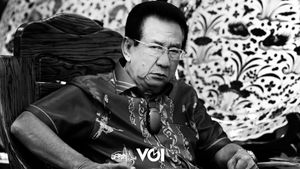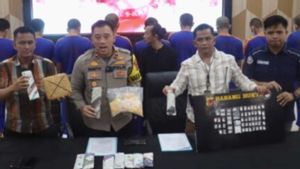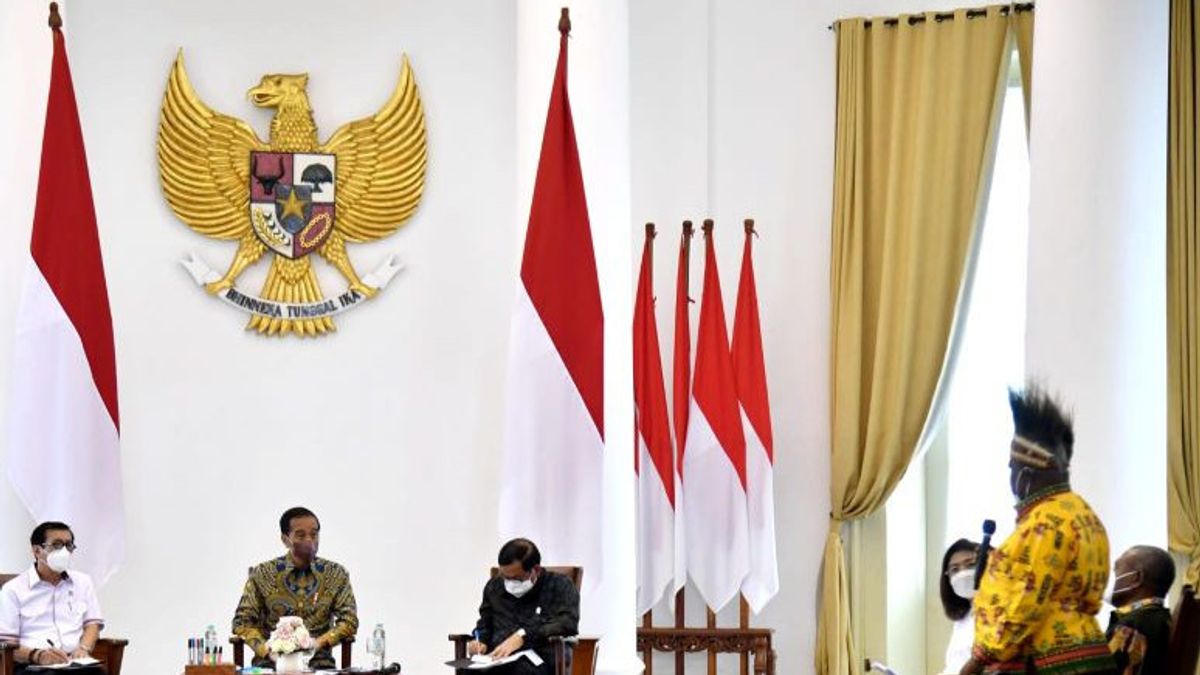
JAKARTA - Indonesian President Joko Widodo received an audience from the Papuan People's Assembly (MPR) and the West Papuan People's Assembly at the Bogor Presidential Palace, Friday, to discuss the new autonomous region (DOB) of Papua.
Jayapura Regent Mathius Awoitauw, who represented the group in a virtual statement, appreciated the meeting with President Jokowi.
"First, we would like to express our appreciation and gratitude to the President for our request for today's hearing, which was well received by the President", said Mathius as quoted by Antara, Friday, May 20.
This hearing is also to clarify the confusion of information regarding the implementation of Law no. 2 of 2021 concerning Special Autonomy in Papua Province, which includes new autonomous regions. Specifically for Papua Province, there are new autonomous regions of South Papua, Central Highlands Papua, and Central Papua.
Mathius explained that the plan to form a new autonomous region is a genuine aspiration of Papuans who have been fighting for a long time. South Papua, for example, he said, had been fighting for 20 years.
"So this is not something that just appeared suddenly. But this is a pure aspiration, both from South Papua and Tabi, Saereri, La Pago, and Mee Pago", he explained.
Mathius emphasized that the aspiration was driven based on customary territory, not based on street demonstrations. He said the Papuan people hope that in the future the new autonomous regions can accelerate prosperity in Papua and West Papua.
Mathius emphasized that the Special Autonomy Law binds all communities throughout Papua, and provides legal certainty to manage the spaces owned by indigenous peoples based on the seven customary territories in Papuan land.
"We need certainty. Therefore, if the division is a matter of government administration, but to Papua it is bound by the Special Autonomy Law. Our problem is that its implementation must be consistent with the central government, provincial government and regional governments", he said.
The Special Autonomy Law will provide legal certainty for the management space for mapping rights to customary areas which is expected to resolve land issues in Papua. This includes bringing public services closer to the community because the main challenge is geographical conditions.
SEE ALSO:
The English, Chinese, Japanese, Arabic, and French versions are automatically generated by the AI. So there may still be inaccuracies in translating, please always see Indonesian as our main language. (system supported by DigitalSiber.id)


